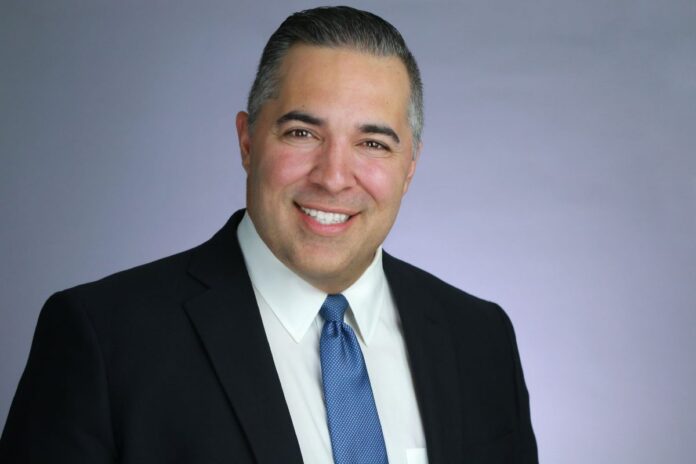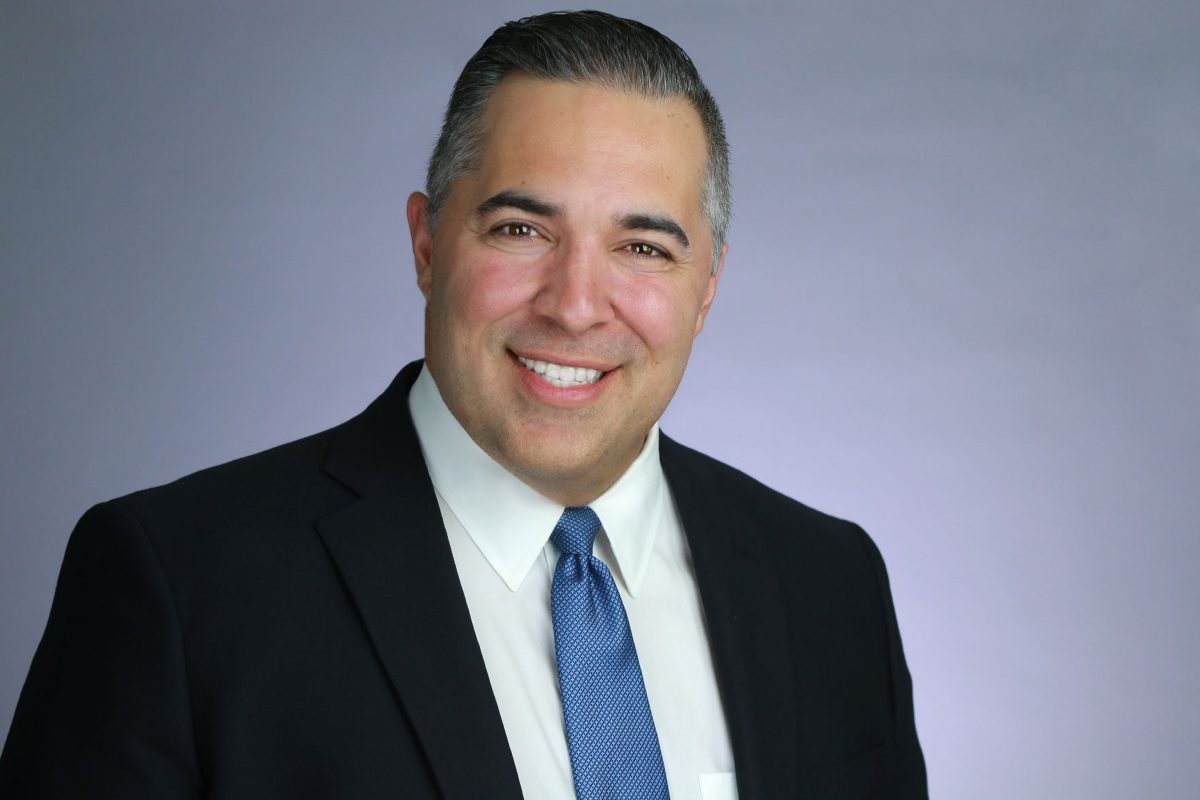Hidalgo County Judge Arnoldo Cantu Jr. is facing his first contested election in 16 years since taking the bench in Court-at-Law No. 5.
The last time Cantu, 63, faced an opponent was 2002, when he was one of three candidates vying for judge of the then newly created court, which opened its doors in 2003.
Armando Marroquin, 42, acknowledges that “it’s very taboo” in Hidalgo County to challenge an incumbent judge, but calls his campaign to unseat Cantu “nontraditional.”
“The impression I got from a lot of people was that you don’t run against incumbents here,” said Marroquin, who has practiced law for nearly 15 years and is a municipal court judge in Edcouch-Elsa. “It’s like … when you get elected, you’re elected for life.”
He said he’s breaking with tradition because “positive change” is needed in the court’s leadership, pointing to what he believes is a lack of efficiency in the courthouse’s busy county courts.
Cantu has outraised Marroquin more than three to one, with most of his campaign contributions coming from defense attorneys.
Since July, his campaign has brought in $94,987.50 in monetary contributions, compared to the $28,250 raised by Marroquin, who has instead relied on contributions from local businessmen.
Cantu said that support for his re-election, and the fact that he has long ran unopposed, is evidence of his courtroom’s effectiveness, at least in the eyes of the legal community.
“Attorneys contribute to me and my campaign because they like what they have,” Cantu said. “They’ve got a judge who’s there. They’ve got a judge who’s willing to listen to them, hear the case out, try to get it done …”
Court-at-law judges preside over misdemeanor criminal cases, such as driving under the influence, drug possession and some assaults, in addition to civil cases, such as divorce and child custody and lawsuits involving under $750,000.
Cantu cites the 4,000 young people who went back to school or completed a GED — a requirement of probation for defendants who appear in his courtroom — as an accomplishment during his five terms on the bench.
“The majority of the cases that I see are young offenders, and they’ve made a mistake,” he said. “I think I’m the only educator turned attorney turned judge. I feel this responsibility to my community and I feel this responsibility to that defendant … I’m looking at what can I do for this young person that is going to keep him or her from coming back.”
As a result, he said he doesn’t have many repeat offenders in his courtroom.
One of the few things the candidates seem to agree on is the responsibility a judge has to his or her community.
Marroquin recognizes that for many people, their first time in a county court-at-law is also their first experience with the judicial system, and he wants to make the process as painless and quick as possible.
“I’m of the opinion that clients’ time is just as valuable as (judges’) time,” he said. “Judges should work 40 hours a week. … If I’m asking you to show up to court at 8 a.m., then I should be on the bench at 8 a.m.”
Far too often, he said, judges in Hidalgo County start the day’s proceedings well after defendants are asked to appear in court, something he says his opponent does. Not only does this waste time, he said, it costs taxpayers who foot the bill for judges’ salaries, a stance that reflects his background in business.
In a candidate forum earlier this month, Cantu said he uses the first hour or so of his day to meet with attorneys in his chambers (his office) to resolve issues with cases. But he argues this approach is effective because he can give attorneys “direction,” which in turn expedites cases. He adds that it prevents contested hearings that could be “humiliating” and “aggravating” for the parties involved, such as family law cases.
“How is that transparent if no one is hearing what you’re saying?” Marroquin countered, emphasizing that the courthouse needs “new ideas … to move forward.”
“The mindset here is that if it ain’t broke, don’t fix it. That’s the way to bankrupt a company,” he said. “You always want to work for inventive and innovative ways to make things easier and more accessible.”
Marroquin recognizes that unseating an incumbent is not an easy task in Hidalgo County but hopes his campaign, successful or not, encourages others to run.
“Because that’s what we need,” he added. “We need some real change in the courthouse.”






